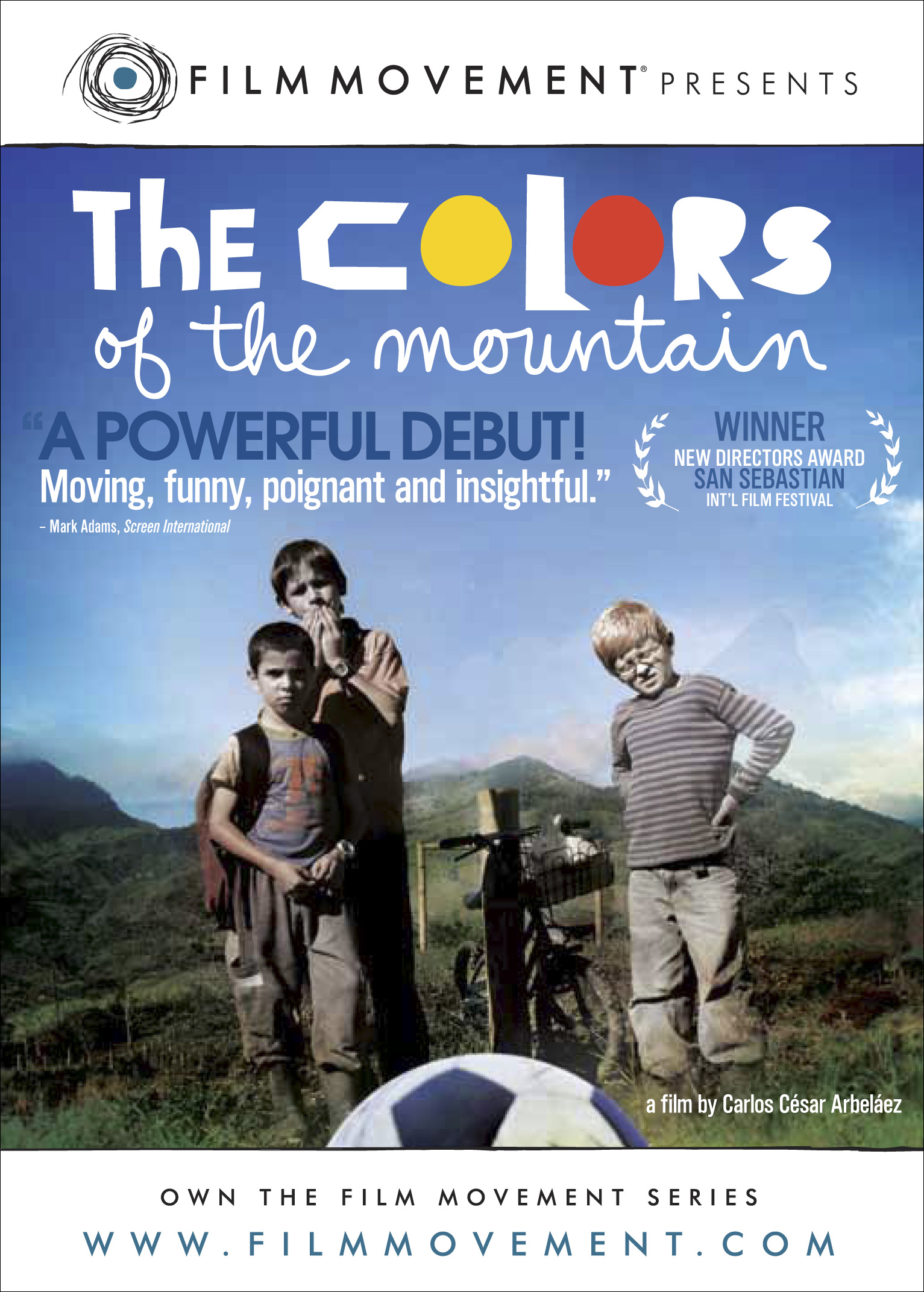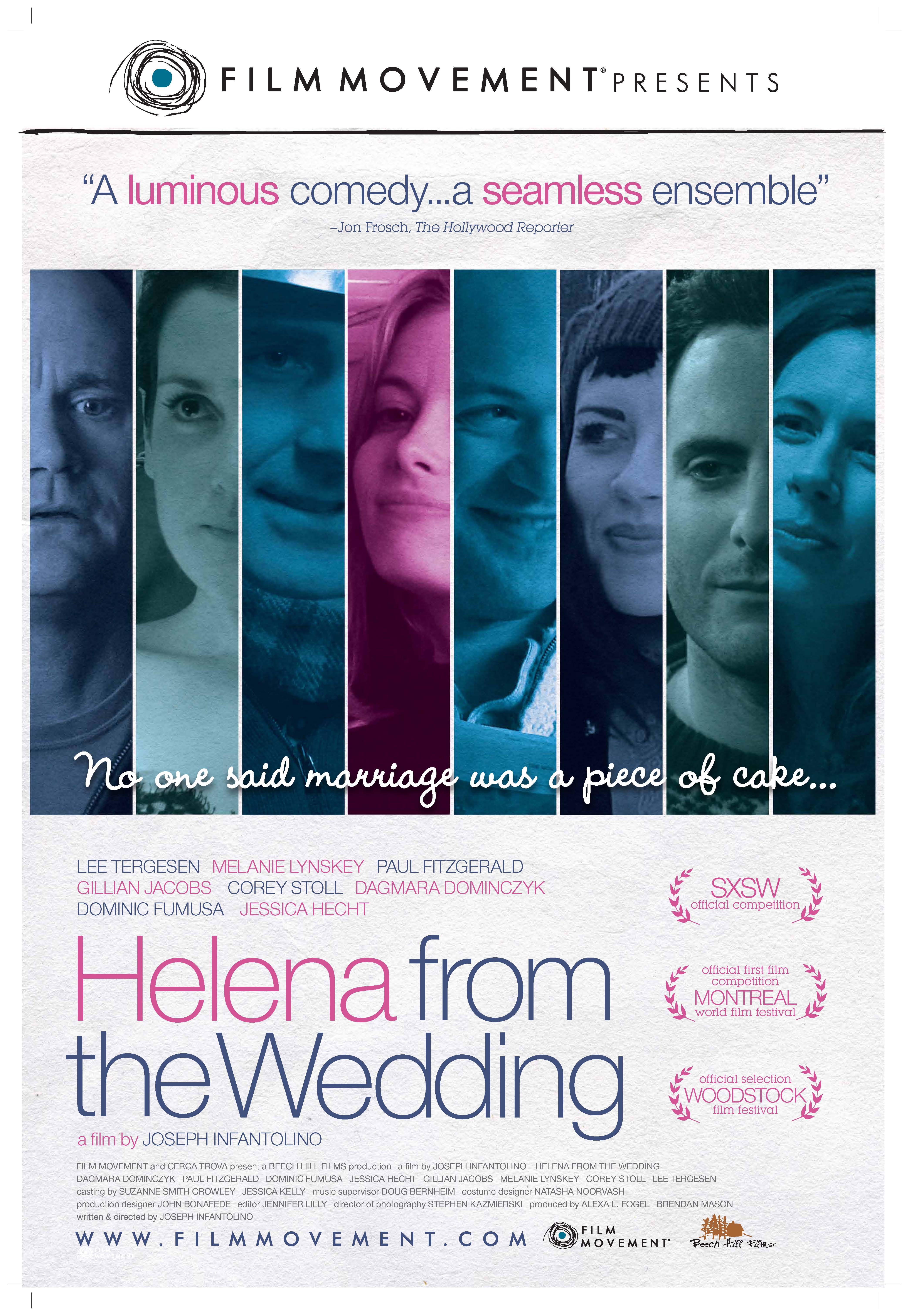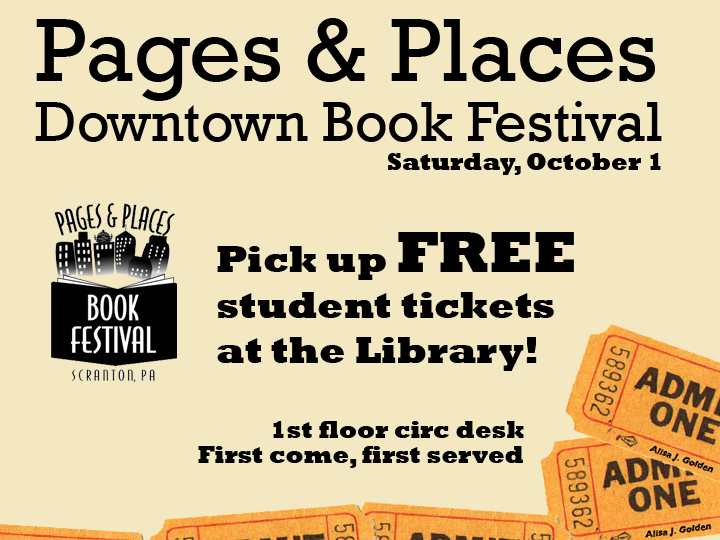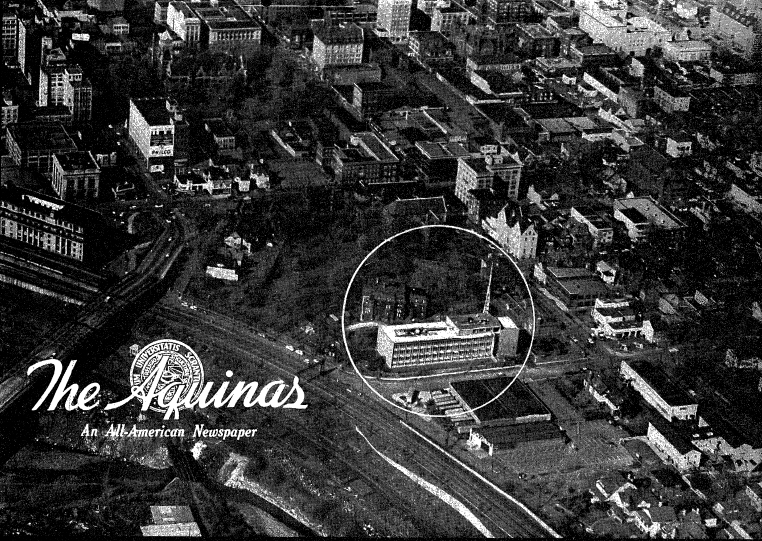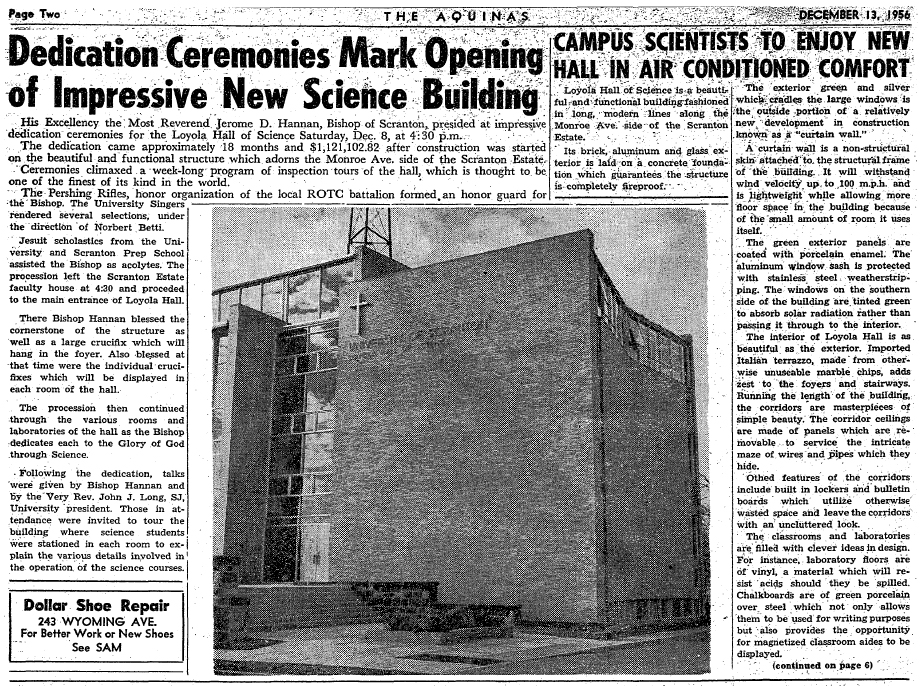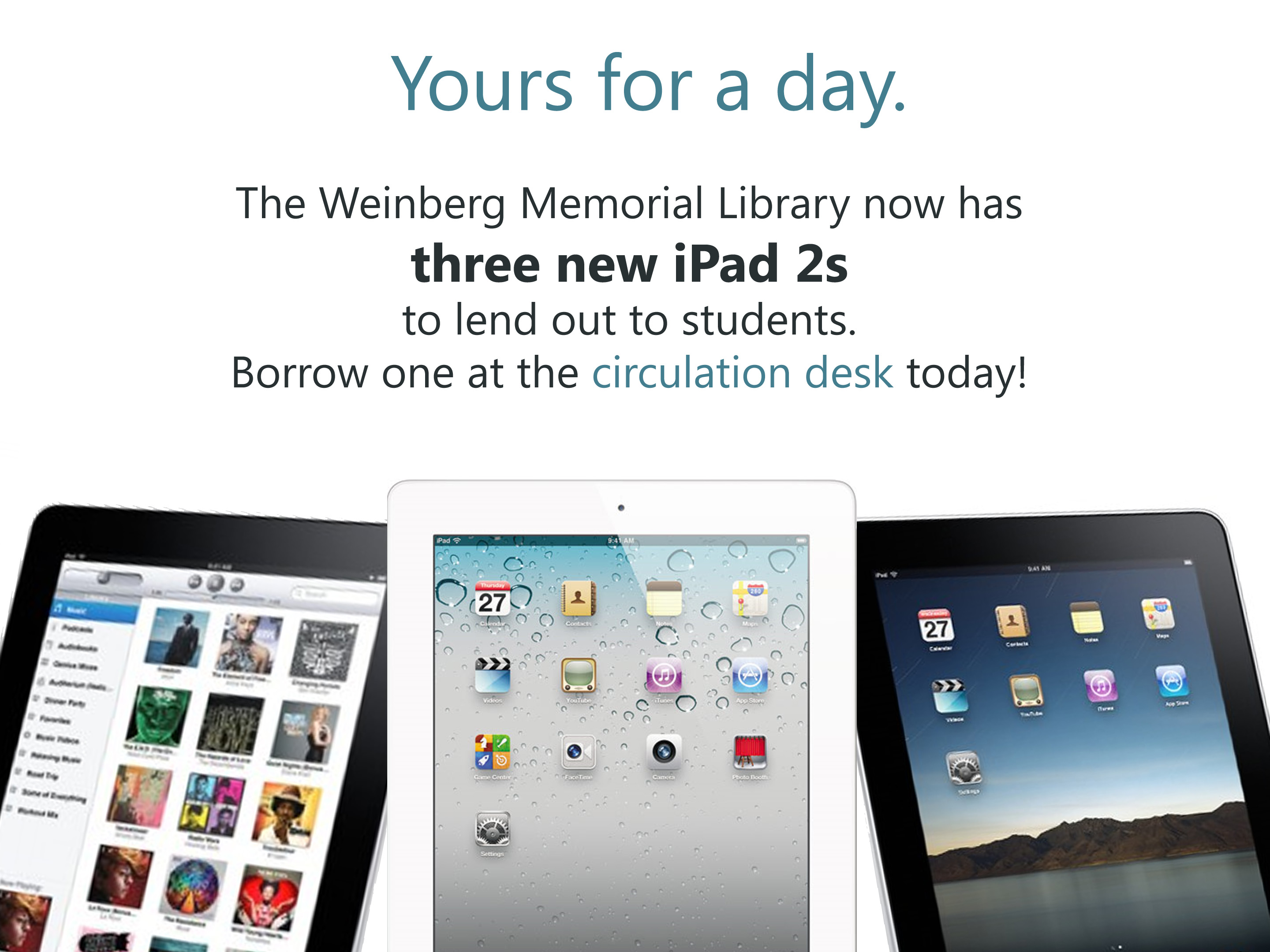
Yesterday, the faculty of Princeton University unanimously voted to adopt a new policy for scholarly publications (PDF). In support of open access, the policy prohibits faculty members from signing away exclusive rights to publishing companies. Instead, the policy assigns to the University a nonexclusive right to copy and provide access to faculty publications. The policy only covers journal and conference articles (not unpublished works, books, or other scholarly works), and faculty members can request that this policy be waived for articles, on a case-by-case basis. With this vote, Princeton joins a growing coalition of higher education institutions that have enacted open access policies.
What does this mean for the Weinberg Memorial Library? This increasing support for and interest in open access has a lot of important implications for academic libraries. Princeton’s new policy (and the media attention it’s getting) may be a harbinger of major change in the world of scholarly communication. As Karin Trainer, university librarian at Princeton, noted to the Chronicle:
“Both the library and members of the faculty, principally in the sciences, have been thinking for some time that we would like to take a concrete step toward making the publications of our extraordinary faculty freely available to a much larger audience and not restricted to those who can afford to pay journal subscription fees.”
We, too, have high hopes that movement towards open access will make scholarly works more accessible and more affordable for our University community. So tomorrow at our Library Advisory Committee meeting, we’ll be starting a conversation about open access with our faculty members to hear their questions, concerns, and suggestions.
Princeton’s report also points out another significant implication for libraries:
“Although it makes sense to adopt such a policy even if the University does not establish an open-access repository of its own, we believe that the University and its faculty will benefit most from this policy if it does establish such a repository… An open-access policy without a ready means for faculty to post their scholarly articles and an equally ready means of retrieval would be of very limited value.”
In some fields, well-integrated open access repositories already exist – like arXiv.org for physics, math, and computer science. But in other disciplines, especially the humanities, these types of repositories are unusual. So universities all over the country have started to create their own institutional repositories to host the scholarly works of their faculty and students, and academic librarians with expertise in information organization and preservation have stepped up to create, manage, and maintain them. Here at the Weinberg, we’ve been thinking about an institutional repository over the past few years – but when we asked our faculty about it, we didn’t hear much demand for that kind of service. Now, after Princeton’s announcement, it seems like a good time to ask again.
To join in our campus conversation about open access, post a comment here or talk with a UofS librarian. We hope to hear feedback from our students, faculty, and community.
Open Access resources:

